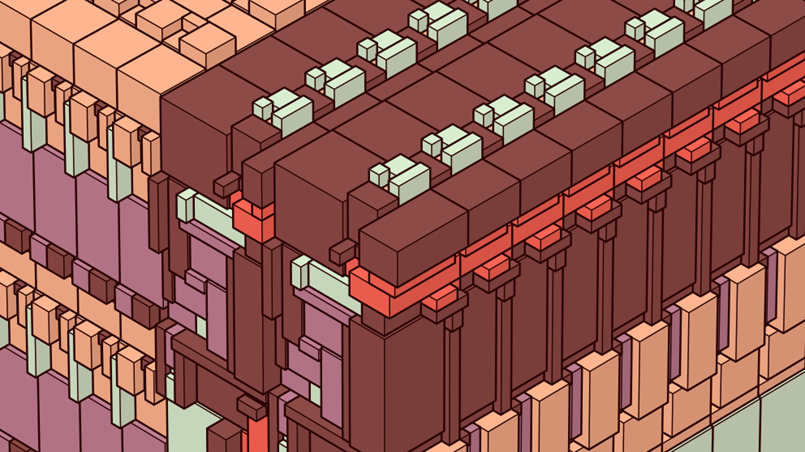Discover ing.grid, the journal for FAIR data management in engineering sciences.
With 12 preprints already published, ing.grid’s open peer review process, featuring 22 published reviewer comments, is making strides. Two peer-reviewed articles are now live, making a start for the inaugural issue, while a special conference-related issue is underway.
Joining the editorial team is Dr Jörg F. Unger, a specialist in computational mechanics. As ing.grid matures, it responds to user feedback, enhancing policies, author guidelines, and accessibility, as well as the journal platform in collaboration with the Janeway development team.
ing.grid is publishing
ing.grid has established itself as a productive journal, publishing articles on FAIR research data management (RDM) in the engineering sciences. Since the first call for papers was released at the beginning of the year, ing.grid has received 12 submissions which have been published as preprints. The open peer review process established by ing.grid with reviewer comments published alongside the preprints is operational with 22 review comment published so far.
ing.grid wishes to thank all reviewers for the time and effort they volunteered for supporting ing.grid and the community of RDM in engineering as well as the editors supervising the review process. To date, two submissions have passed peer review and have been published on the website. They will form part of the first regular issue of ing.grid. Several submissions resulting from the NFDI4Ing conference 2022 are still undergoing peer review and will be published in a conference related special issue.
ing.grid is happy to announce that it is cooperating with the organisers of the NFDI4Ing conference 2023 and will again be publishing full papers of contributions in a special issue.
ing.grid is growing
ing.grid has a new member on its editorial team: Dr.-Ing. Jörg F. Unger. He is head of “Modeling and simulation” at the Bundesanstalt für Materialforschung und -prüfung (BAM). His work is focused on computational mechanics with an emphasis on additive manufacturing, data management, reproducible scientific workflows and Bayesian inference procedures, as well as reduced order models to improve efficiency for real-time computation.
Dr Unger got his PhD in 2009 at the Bauhaus University in Weimar, focusing on mesoscale concrete modelling and solving inverse problems using neural networks. Afterwards, he joined Northwestern University as a DFG-PostDoc fellow, working on multiscale models for the simulation of concrete cracking.
ing.grid welcomes Dr Unger and we are looking forward to working together.
ing.grid is improving
As the journal is becoming increasingly productive, the managing editors receive valuable feedback on user experience, focus, and concept. This feedback is used as a basis for constant improvements made to ing.grid during operation. These include adjustments to ing.grid’s policy, author guidelines and accessibility guidelines.
Similarly, changes to the journal platform Janeway provided by the University and State Library and developed by the Open Library of Humanities have been suggested and the management team is in close contact with the Janeway development team to see some of these changes implemented.
Kevin T. Logan
Managing Editor of ing.grid

